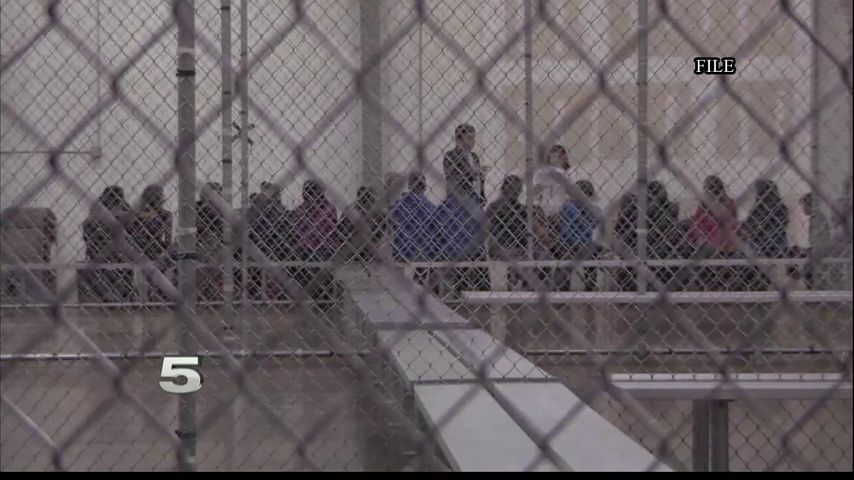CBP Implements New Asylum Processing Program in the Rio Grande Valley
WESLACO - Migrants seeking asylum through the Rio Grande Valley are entering a new program called the Prompt Asylum Claim Review, or PACR.
It's meant to move their cases along faster, but critics say it's too fast cutting out important steps in the process.
Customs and Border Protection are sending thousands of migrants who arrive at the United States seeking asylum to Mexico under the Migrant Protection Protocol. Some, are going through PACR.
According to a CBP statement:
The Prompt Asylum Claim Review works to achieve streamlined, same location asylum claim processing at facilities in El Paso and the Rio Grande Valley. PACR was implemented at facilities in RGV at the beginning of December. A little over 1,000 people have been enrolled in PACR since it started.
The agency doesn't have public policy posted about how this program works, but it's been in place in El Paso since October.
Advocates for migrants who are studying the effects of the program filed a lawsuit against the government. In it, it explains the function of this program:
"Under PACR, asylum seekers from countries other than Mexico who are in credible fear proceedings are kept in CBP facilities instead of being transferred to ICE detention centers." Case #: 1:19-cv-03640
The American Civil Liberties Union, ACLU, filed the lawsuit in a District of Columbia court.
Kate Huddleston, an ACLU attorney, says, "Because people are being detained in CBP custody they don't have the same access to attorneys that they would have in a detention center. And CBP custody doesn't provide for in-person access to attorneys and it doesn't provide for regular telephonic access to attorneys."
The lawsuit explains there are logistical problems, which were acknowledged by CBP during the surge seen last year in the RGV.
The problems exist with detention in CBP facilities rather than in those of Immigration and Customs Enforcement, or ICE.
ICE detention centers have a tracking system where families and attorneys can locate migrants in their custody; CBP does not have a process accessible to the public.
Standards at ICE detention centers also allow for phone usage and space for detainees to meet with attorneys in person.
Although CBP facilities have phones, in El Paso the ACLU found the time granted to use them is restrict by CBP from 30 minutes to an hour.
The detainees were given a list of attorneys they could call by CBP.
Huddleston says, "our plaintiffs were unable to make contact with any person on the list in the 30 minutes to an hour time period."
Even when contact is made, ACLU attorney Tommy Buser-Clancy says, it doesn't guarantee proper representation.
"Giving someone only 30 minutes to an hour to call an attorney try to establish an attorney-client relationship and then they get prepared for the most important interview of their life, which can literally have life and death stakes, that's a fundamentally insufficient period of time," says Buser-Clancy.
According to the lawsuit, CBP also doesn't allow attorneys to meet their clients in person at their facilities.
The lawsuit is seeking to protect the right to legal representation for migrants undergoing a credible fear screening.
Even though it is filed in D.C., the lawsuit is aimed at the policy of PACR as a whole.
The judge's orders will apply to the implementation of the program in the Rio Grande Valley, too.





